Description
The unshielded twisted pair, or UTP, the cable is the most common type of cable used in computer networking. It consists of multiple pairs of wires arranged in a certain order. As its name suggests, UTP cables are not electrically shielded and may be prone to electrical or radio interferences if used in certain environments.
Physical Characteristics
UTP cables use eight wires grouped in four pairs, each composed of a solid-colored wire and a stripped wire. Each wire is twisted a certain number of times to minimize interferences with the other pairs. A higher number of twists per inch results in higher data transmission. The Electronic Industry Association and Telecommunication Industry Association have established six-speed standards for UTP cables, with category 1 cables being the slowest and category 6 cables the fastest.
Performance
The category of a UTP cable has a high impact on its usage range. Category 1 cables have a speed of 1 Megabit per second, or Mbps, and can only be used in telephony. Category 2, 3, and 4 cables are used in telephony and low-speed networks; CAT 5 cables have a speed of 100 Mbps in a two-pair configuration, known as 100BaseT Ethernet, and 1,000 Mbps if all 4 pairs are used, such as in Gigabit Ethernet. Category 6 wires are capable of speeds up to 10,000 Mbps. Category 5 cables are the most used in regular networks, while category 6 cables are more specific to high-speed networks between servers

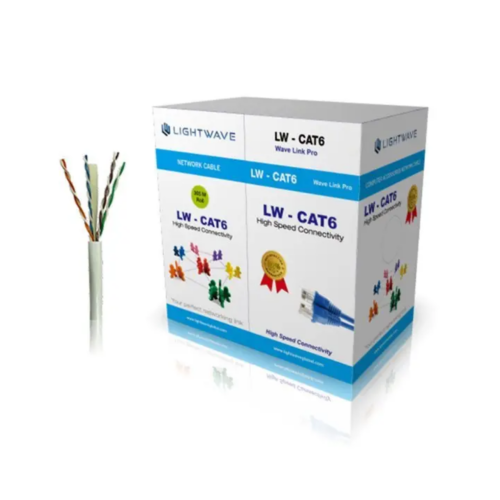
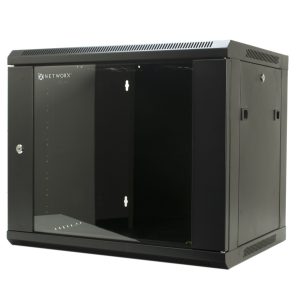
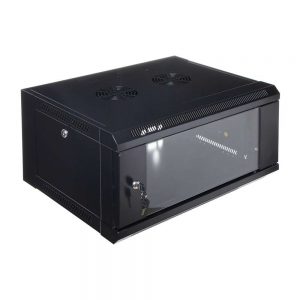
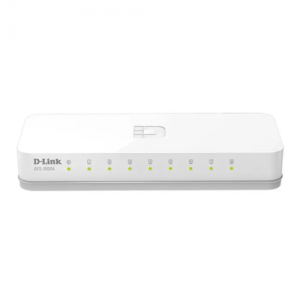
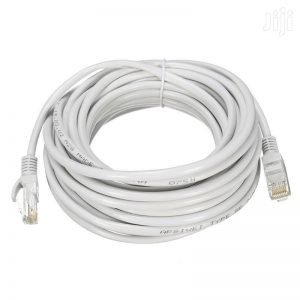
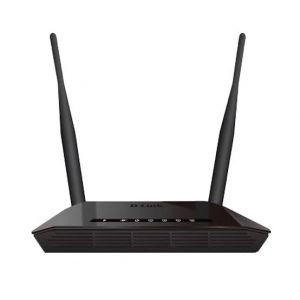
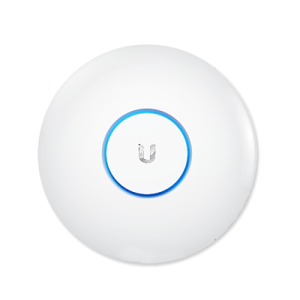
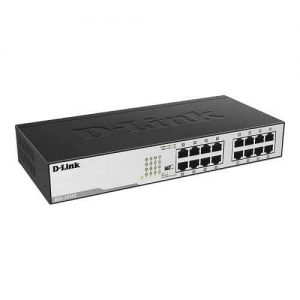
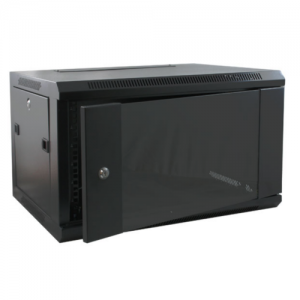
Reviews
There are no reviews yet.